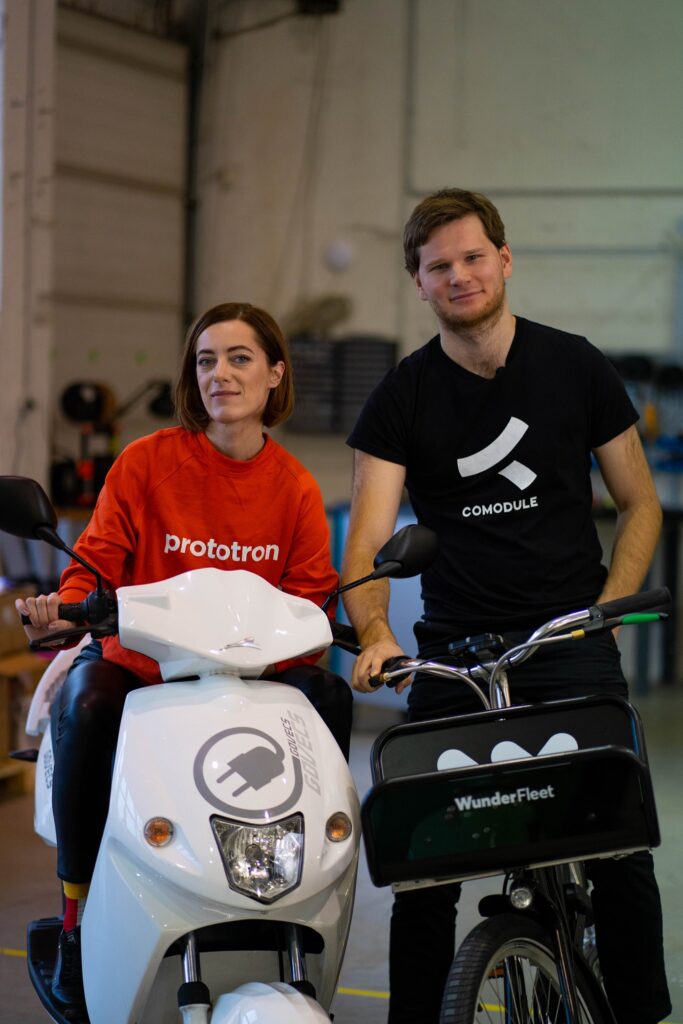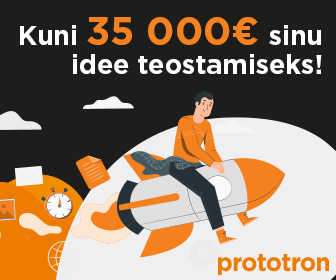Jana Budkovskaja, CEO of Prototron, says before closing the second round of this year’s application that the biggest problem is the ideas received for evaluation, which solve some of the problems of the imaginary universe.
90% will succeed
“It is true that the biggest problem in every round is that the ideas that exist in a vacuum. The solutions do not solve a real problem or do not rely on the market situation. Often, the solutions are not related to specific client groups, which makes it difficult to sell the product. But there are also cool ideas and technological solutions that we are helping to find a way to market as part of the program. The Prototron alumni survival rate is up to 90%. The remaining 10% failed for two specific reasons – the idea did not find clients, or the team broke up because they did not know what to do next.
The best advice I can give is to test your idea. Is the problem you are working on really understandable for everyone? Is the problem really so critical that a person is willing to pay to fix it? In addition, it is extremely important to find out whether all team members understand in the same way how they improve people’s lives with their startup, “said Budkovskaya.
Alumni returns
This autumn’s round is significant for Prototron because coModule and technology giant Microsoft have joined Prototron as mentors and financiers. coModule received funding from Prototron’s first application round, and today, they have successfully launched their electric scooter Tuul to the market.
“It is a sign of a mature community when alumni assist its alma mater. Consequently, they have gained something from it. In addition, it is an important mark of quality – I learned, and now I am ready to support myself and teach more and more. Kristjan Maruste, co-founder of coModule, is definitely a role model for Prototron applicants,” said Budkovskaja and added that all Prototron mentors believe in the potential of the ideas.


